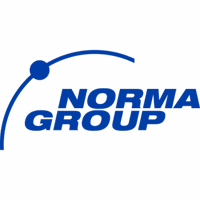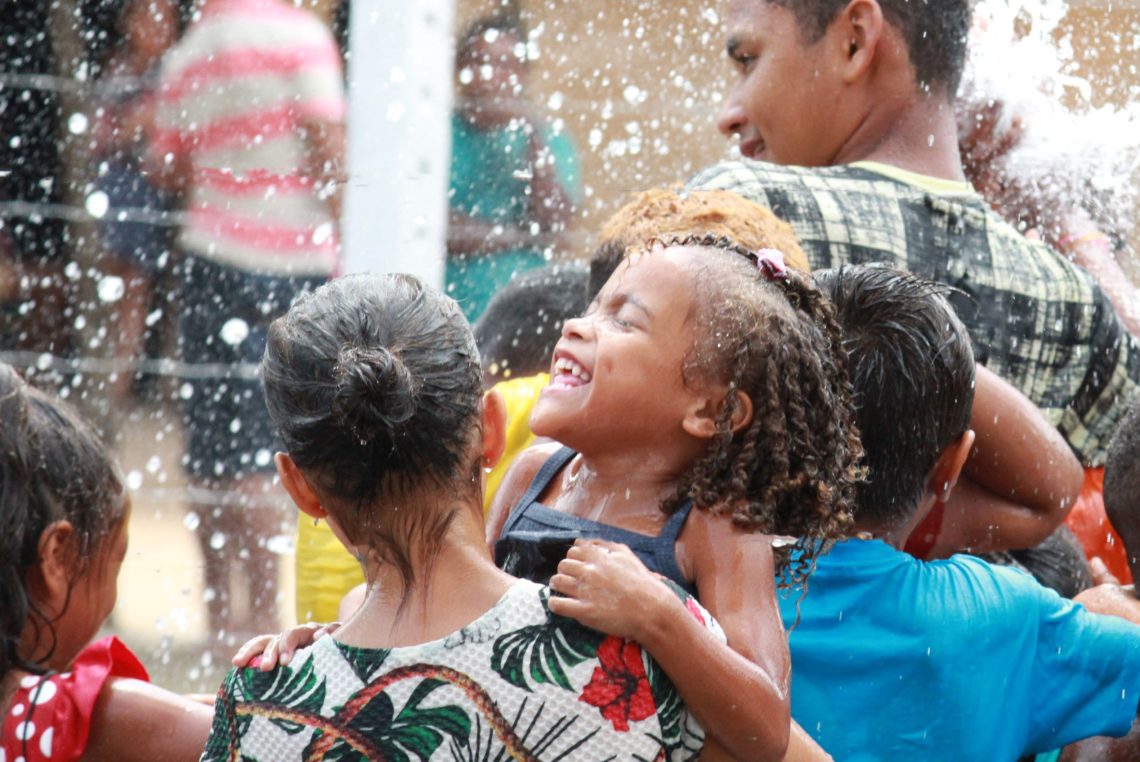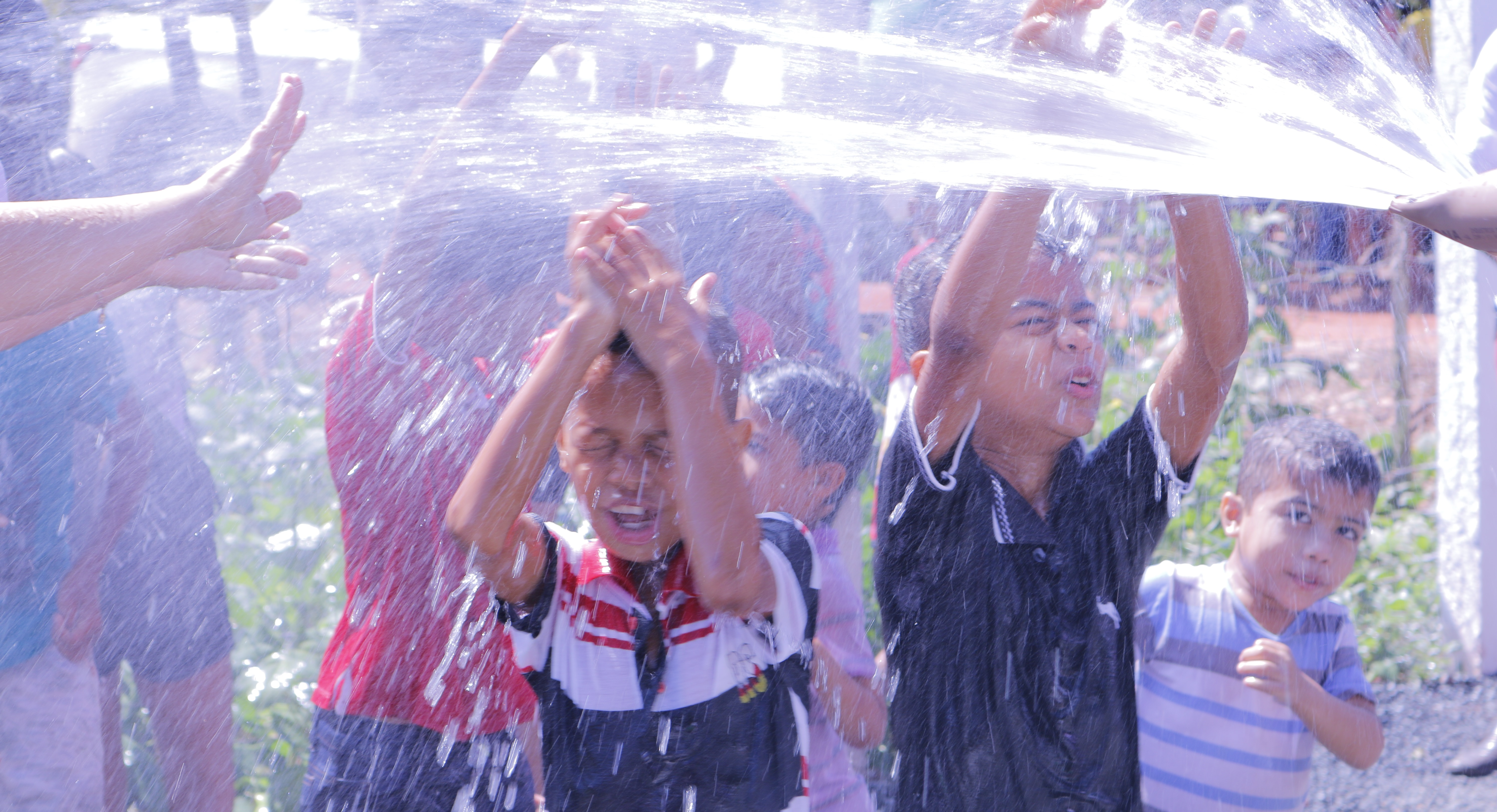This post is also available in: Deutsch
As a manufacturer of water management products, NORMA Group is aware of how important clean drinking water is. The Group has been working with the children’s aid organization Plan International for many years to improve water supplies throughout the world. These efforts are the focus of the "NORMA Clean Water” project.
Our involvement in the “NORMA Clean Water” project began in 2014 near NORMA Group's production site in the greater Pune area of India. By the time the project was completed in 2018, structural measures had been carried out to repair or renovate the sanitary facilities at a total of 27 schools to prevent the spread of diseases caused by contaminated drinking water or inadequate hygiene. Today, many students and teachers are benefiting from the measures implemented in India.
Following this success, the NORMA Clean Water project has been running since 2017 in the northeast of Brazil in the regions of Codó and Peritoró in the state of Maranhão. The first project phase in Brazil was completed in 2020. It is time now to take a look at the results.
New water supply systems for a better life
The Brazilian state of Maranhão is plagued by severe drought. Only a small portion of households there have access to clean drinking water. The poor hygiene conditions have had an adverse effect on people's health. That' s something that NORMA Group wanted to change. The objective was to improve the living and health conditions of children and their families. Working together with their partner PLAN International, NORMA Group installed four new water supply systems in six rural communities in the Codó and Peritoró regions. Two existing supply systems were also put back into operation. This gave more than 600 families access to clean water.
To ensure the long-term success of NORMA Clean Water, water committees were established in each project community for sustainable management of the water supply systems. The committees are actively involved in the implementation and maintenance of the new supply systems. In follow-up training courses, committee members deepened their knowledge of health, hygiene and gender equality, as well as conflict resolution and participation. The personal exchange of ideas is very important. To promote such an exchange, annual meetings were also held at which the committees were able to share their experiences among each other and put questions to specialists.
Community members also further trained on the responsible use of clean water in workshops: About 700 people took part in further training, including approximately 400 women and girls. The focus of the training was not only on sustainable water use, hygiene and healthy living habits, but also on the issue of gender equality in domestic work.
Equal rights – a key component of “NORMA Clean Water” in Brazil
Thanks to the new water supply systems, NORMA Group has not only significantly improved hygiene standards and health conditions in the project communities. The measures have also noticeably eased the burden on the women in the community, because young women and girls are traditionally responsible for providing water. They often have to travel long distances to reach a water source. Female villagers in particular benefit from the new water supply systems in their household work. This also creates space for equal participation in schooling and the pursuit of educational opportunities. “NORMA Clean Water” also promotes equal rights through the establishment of water committees. These committees promote the participation of women and girls in particular. In addition, the topic of gender equality is explained in the communities through training courses on human rights as well as equal rights.
Contributing to healthy nutrition
NORMA Group and Plan International are also actively promoting healthy nutrition as part of NORMA Clean Water. In three project communities NORMA Group supported 60 families with the establishment of vegetable gardens for community use. Knowledge of vegetable cultivation and healthy nutrition was also taught in workshops. In one of the communities, the vegetable garden is located on the school grounds and is thus actively integrated into the school curriculum. This measure helps to both diversify the food supply of the people and to deepen the agricultural knowledge.
Continuing the commitment
The “NORMA Clean Water” project in Brazil clearly shows that facilitating access to clean water not only has a positive impact on people's health, but also on the educational situation of the village community – especially the education of girls and women. The project regions are thus supported in their ability to develop in a comprehensive and sustainable manner.
Based on the success of the project so far and the continuing need in the project region, NORMA Group has extended its commitment in Brazil for a second project phase with a duration of three more years. The focus, among other things, is on further consulting in fruit and vegetable cultivation as well as the organization of workshops and exhibitions in order to continue to establish the topics of health, hygiene and equality in the communities. In addition, the project is being expanded to include two additional communities where the installation of drinking water systems, establishment of water committees and workshops on gender equality will also initially be implemented. The expansion is expected to involve an additional 3,800 people. Last but not least, the project also takes on special significance against the backdrop of the Corona pandemic. The successes of the initial measures – improved access to water and a better understanding of hygiene – can generate an effective and lasting contribution to slowing viral infections.
Sustainability is an integral part of NORMA Group's corporate strategy
NORMA Group has firmly established sustainability and the Agenda 2030 in the corporate strategy for years. The “NORMA Clean Water” project contributes to the fulfillment of a number of the United Nations’ Sustainable Development Goals. Among others, the implemented measures contribute to Goal 3 “Ensure healthy lives and promote well-being for all at all ages”, Goal 5 “Achieve gender equality and empower all women and girls” and Goal 6 “Ensure availability and sustainable management of water and sanitation for all”.




